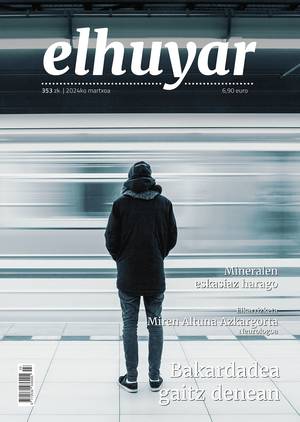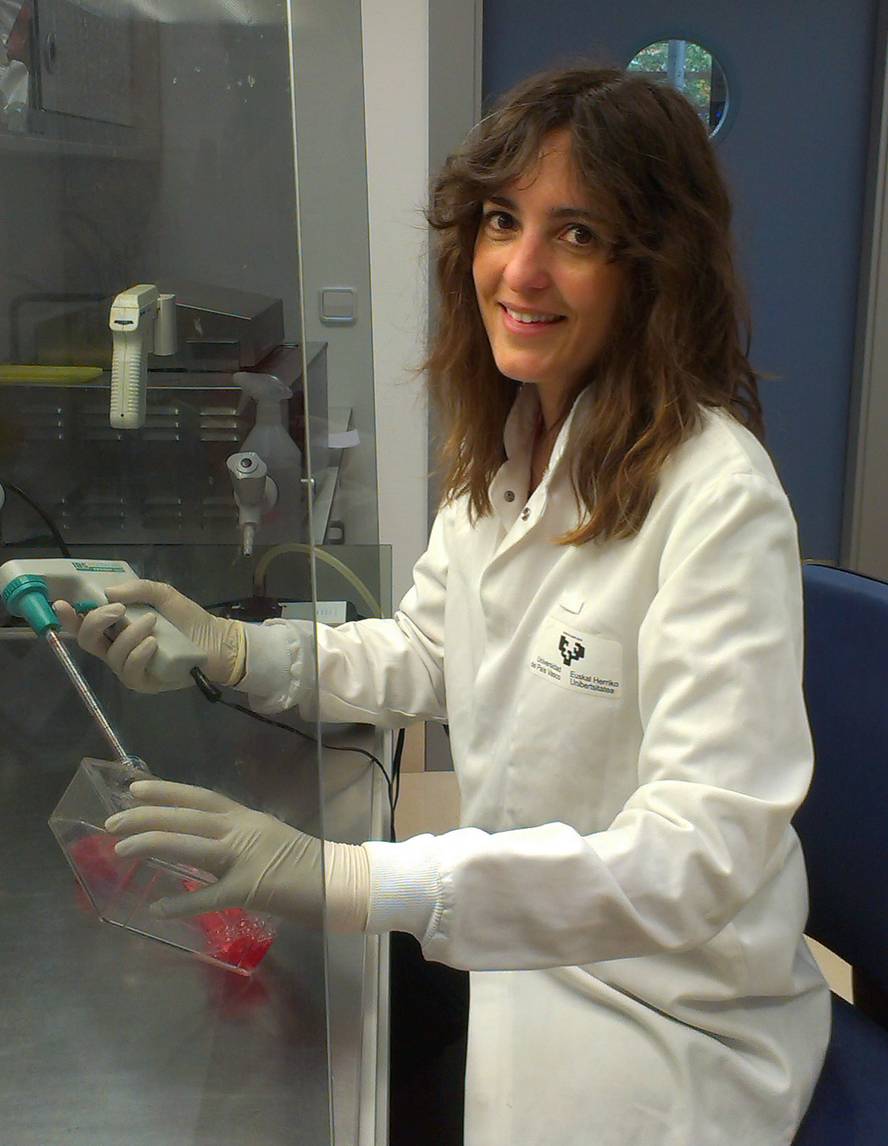Vaccination against cholera in microparticles
Microcapsulated the antigens, the researcher of the School of Pharmacy of the UPV Marta Pastor has opened the way to get an inactive vaccine against cholera. The researcher has shown that the microencapsulated vaccine is as effective as inactive cholera, but with the advantage of having dust easily doable and manipulable, in addition to avoiding the cold chain that is so expensive for the transport and distribution of the vaccine.
In collaboration with the Finlay Institute of Cuba, Pastor has worked in the NanoBioCel group of the School of Pharmacy. The microencapsulated vaccine was made using the spray drying or atomization technique, using gastroresistent polymers. Thus, microcapsules protect on one side of the stomach acids and, at the same time, they are able to release the content in the duodenum where an immune response to cholera occurs.
Microcapsules allow to prepare sublingual tablets, capsules or oral suspensions with ease. Also, since after a year at 25ºC they do not lose effectiveness, it would be possible to avoid a cold chain that causes both the transport and distribution of the vaccine.
It has now been shown that cholera vaccines are effective. However, the price would be significantly reduced if it were possible to avoid the cold chain and, in addition, would improve the fight against the disease. In fact, XIX. Although known since the twentieth century, today there are still between 100,000 and 120,000 deaths per year.






